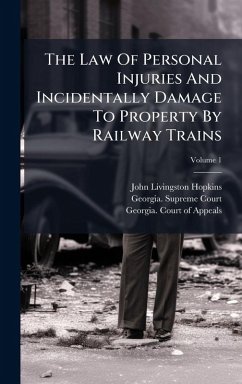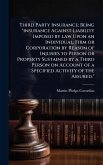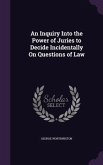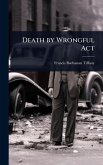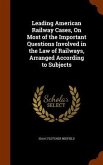"The Law Of Personal Injuries And Incidentally Damage To Property By Railway Trains," Volume 1, offers a comprehensive examination of legal precedents in Georgia related to railway accidents. Authored by John Livingston Hopkins and based on the statutes and decisions of the Supreme Court and the Court of Appeals of Georgia, this volume provides detailed insights into tort law, litigation, and railroad legislation of its time. It serves as an invaluable resource for legal professionals, historians, and anyone interested in the evolution of transportation law and its impact on personal injury and property rights. This historical legal text captures the specific nuances of railway-related legal issues within the state of Georgia, offering a deep dive into the legal landscape of the era. This work has been selected by scholars as being culturally important, and is part of the knowledge base of civilization as we know it. This work was reproduced from the original artifact, and remains as true to the original work as possible. Therefore, you will see the original copyright references, library stamps (as most of these works have been housed in our most important libraries around the world), and other notations in the work. This work is in the public domain in the United States of America, and possibly other nations. Within the United States, you may freely copy and distribute this work, as no entity (individual or corporate) has a copyright on the body of the work. As a reproduction of a historical artifact, this work may contain missing or blurred pages, poor pictures, errant marks, etc. Scholars believe, and we concur, that this work is important enough to be preserved, reproduced, and made generally available to the public. We appreciate your support of the preservation process, and thank you for being an important part of keeping this knowledge alive and relevant.
Bitte wählen Sie Ihr Anliegen aus.
Rechnungen
Retourenschein anfordern
Bestellstatus
Storno

